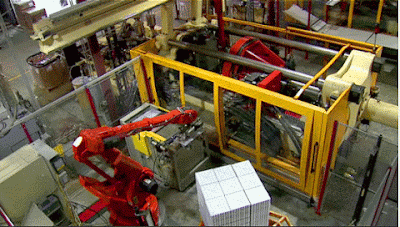About the Subject:
Rubber Technology is the subject dealing with the transformation of rubbers or elastomers into useful products, such asautomobile tires and rubber mats. The materials includes latex, natural rubber, synthetic rubber and other polymeric materials, such as thermoplastic elastomers.Rubber processed through such methods are components of a wide range of items.
Topics to be covered in this Seminar:
Tapping
latex, Processing of Latex - Dry rubber production - Modified natural rubber,
Reclaimed rubber - process of reclamation – Sulphur vulcanization,
vulcanization systems - accelerators, activators, promoters, antioxidants,
antiozonants, processing aids, fillers and effect of fillers, Blowing agents
applications- Manufacturing, structure, properties, compounding, curing and
applications– Thermoplastic styrene block copolymers, Polyurethane
thermoplastic elastomers- Belting, Hoses, Footwear, Rubber metal bonded items,
sports goods, cellular rubber.
Time to be planned :
1 or 2 days
1 or 2 days
Kind of program :
3D based Seminar and Guest Lecture
for the Students
Reason for the program :
Kalam Scientist Team aiming to build young generation Scientist
Kalam Scientist Team aiming to build young generation Scientist
Sample Clips for reference :
Cheers,
Kalam Scientist Team
7667668009
7667662428
Kalam Scientist Team
7667668009
7667662428





















